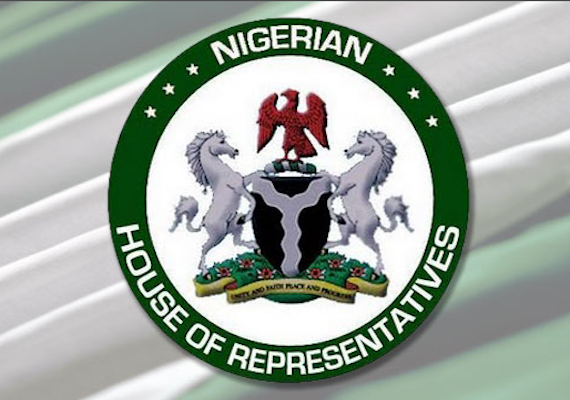*Asks CLE to revert to former fees at the Law School
By Mercy Aikoye
The House of Representatives has urged the National Identity Management Commission (NIMC) to collaborate with the Federal Ministry of Health, partner agencies, hospitals, and relevant agencies to register and generate National Identity Number (NIN) for Nigerian citizens and residents upon birth.
They also urged NIMC and partner agencies to urgently resolve for a seamless and nationwide NIN registration and card issuance.
This followed a motion sponsored by Hon. Olamijuwonlo Alao-Akala titled “Call for Better Service in the Production of National Identity Number”.
Raising the motion, the lawmaker noted that the NIN is a security measure used to match individuals with their barometric data, tie all records in the database, and establish or verify their identity.
He said, the House observed that Nigerians face arduous experiences during registration despite various enrollment options and service centers, with most Nigerians yet to collect their National Identity cards despite successful registration.
According to Hon. Akala, NIN is the foundational ecosystem of identifying Nigerians, and its functional identification purpose will be defeated if citizens cannot access their unique national identification number.
Also the House urged the Council of Legal Education (CLE) to put in abeyance, the recent 60 percent increase in the school fees of the Nigeria Law School (NLS).
Adopting a motion by the Minority Leader of the House, Hon. Kingsley Chinda and read on his behalf by Hon. Ginger Owusibe, the House asked its relevant committees on Justice and Tertiary Education and Services to explore solutions to the issue at hand and file a report within two weeks.
He said the function of the CLE to oversee legal education in Nigeria includes deciding the cost of tuition and other services rendered to students of the Nigerian Law School and stressed that Nigeria is currently facing a 27.33% inflation rate, as reported by the Nigerian Bureau of Statistics, which is projected by Trade Economics to rise to 30.00% by December 2023.
He warned that failure to promptly address the need for a balance between the Council’s service quality and students’ affordability could result in a significant drop in Nigerian law school enrollment.



